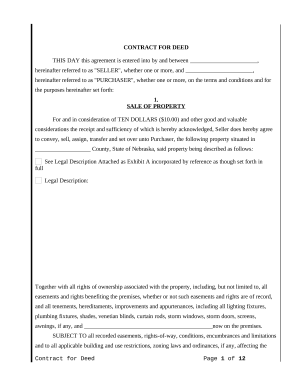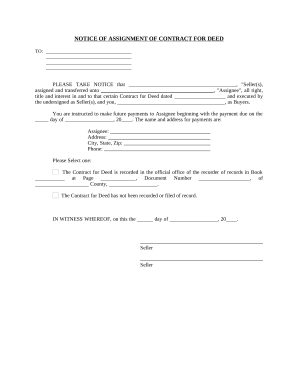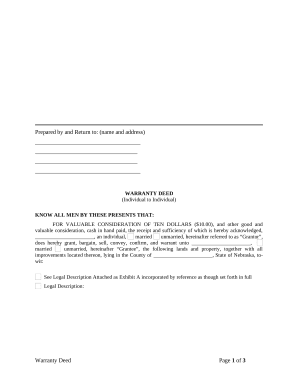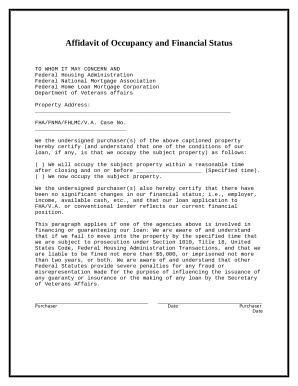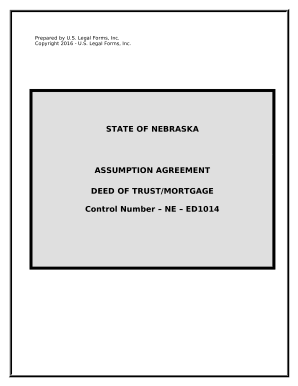Increase your productivity with Nebraska Property Forms
Record administration takes up to half of your office hours. With DocHub, it is possible to reclaim your office time and enhance your team's productivity. Access Nebraska Property Forms collection and discover all templates relevant to your daily workflows.
The best way to use Nebraska Property Forms:
- Open Nebraska Property Forms and utilize Preview to get the appropriate form.
- Click Get Form to start working on it.
- Wait for your form to upload in the online editor and start modifying it.
- Add new fillable fields, symbols, and images, change pages order, and many more.
- Complete your form or set it for other contributors.
- Download or deliver the form by link, email attachment, or invite.
Speed up your daily file administration with our Nebraska Property Forms. Get your free DocHub profile today to explore all forms.


